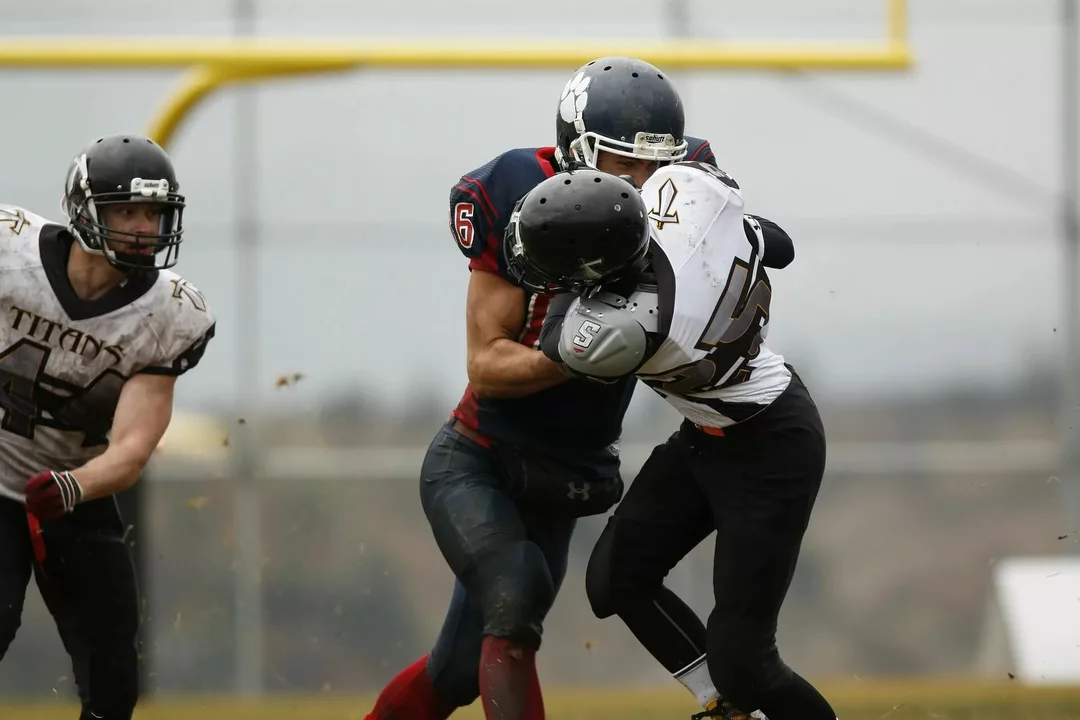CTE in Rugby: What Every Player Should Know
If you love the game, you’ve probably heard the term CTE tossed around. It stands for chronic traumatic encephalopathy – a brain condition linked to repeated head impacts. In rugby, hits happen often, so understanding CTE matters for anyone stepping onto the pitch.
First, know the signs. Players often report memory lapses, mood swings, or trouble concentrating after a season of hard hits. If you notice these changes in yourself or a teammate, it’s worth talking to a coach or medical staff right away.
How CTE Develops on the Field
Every tackle, scrum, or ruck delivers a jolt to the head. Over time, those jolts add up, even if no single hit looks serious. Studies show that even sub‑concussive blows can contribute to brain changes. That’s why clubs now track every head impact, not just the obvious concussions.
Blyth Rugby uses simple tools like symptom checklists and baseline memory tests before the season starts. Comparing post‑match results to those baselines helps spot trouble early, before it becomes a long‑term issue.
Practical Steps to Reduce the Risk
What can you do? Start with proper technique. Keeping the head up in tackles and using the shoulder correctly cuts down on head contact. Strengthening neck muscles also helps absorb shock.
Second, follow the 48‑hour rule. If you’re knocked out or feel dizzy, sit out for at least two days and get cleared by a medical professional. Returning too fast is a common mistake that raises the CTE risk.
Third, use approved protective gear. While rugby doesn’t allow helmets, mouthguards are a must. They lower the chance of jaw injuries that can ripple up to the brain.
Finally, stay honest about symptoms. The culture of “playing through pain” can be dangerous. Coaches at Blyth Rugby encourage open dialogue and will never penalize a player for reporting a head injury.
Remember, protecting your brain isn’t about stopping the fun – it’s about staying in the game for years to come. By recognizing signs, using good technique, and following club safety protocols, you can enjoy rugby while keeping CTE at bay.
Got questions? Talk to the club’s medical officer at the next training session. They’re happy to explain how the club monitors head impacts and what you can do personally. Keeping the conversation going is the best defense against CTE.
Should a high school rugby player be worried about CTE?
As a high school rugby player, the concern about CTE (Chronic Traumatic Encephalopathy) is definitely something to be aware of. This degenerative brain disease is linked to repeated head injuries, which can be quite common in contact sports like rugby. However, it's important to remember that wearing proper protective gear and practicing safe playing techniques can significantly reduce the risk. It's also crucial for coaches, parents, and players to be educated about the signs and symptoms of concussions and to take them seriously. In summary, while CTE is a valid concern, taking necessary precautions and staying informed can help minimize the risk for high school rugby players.
